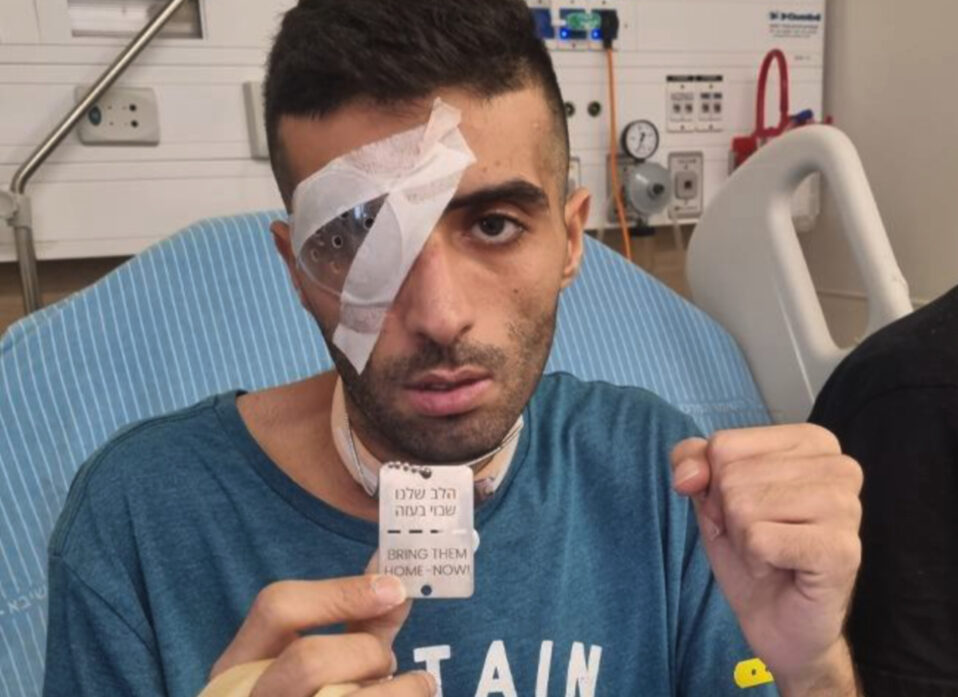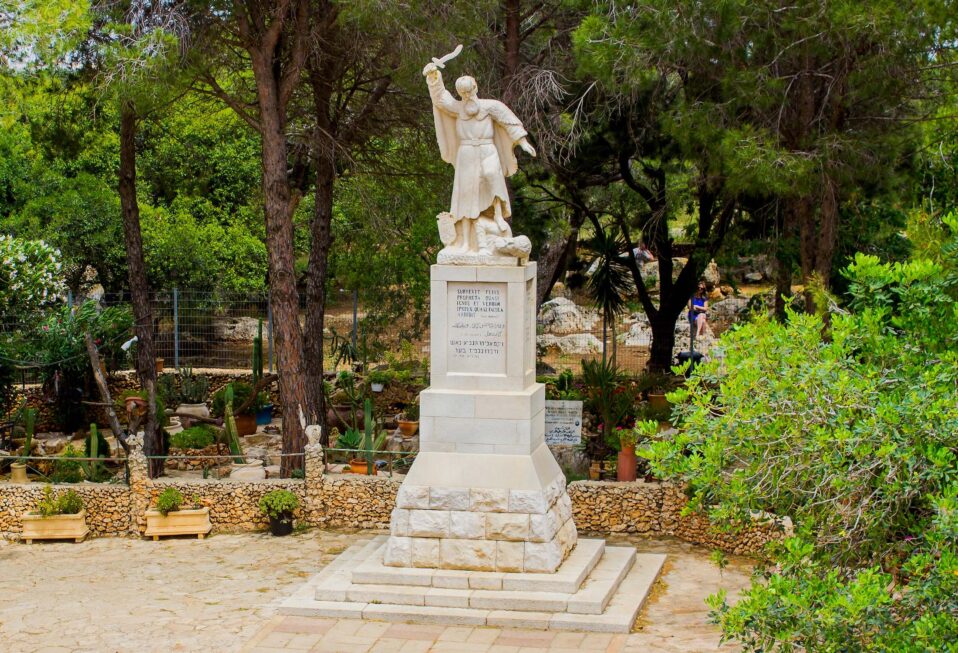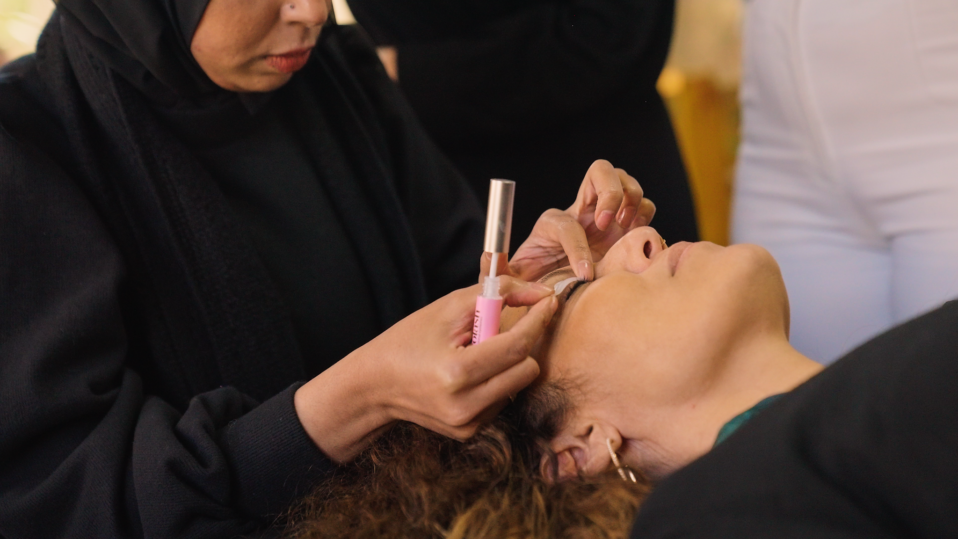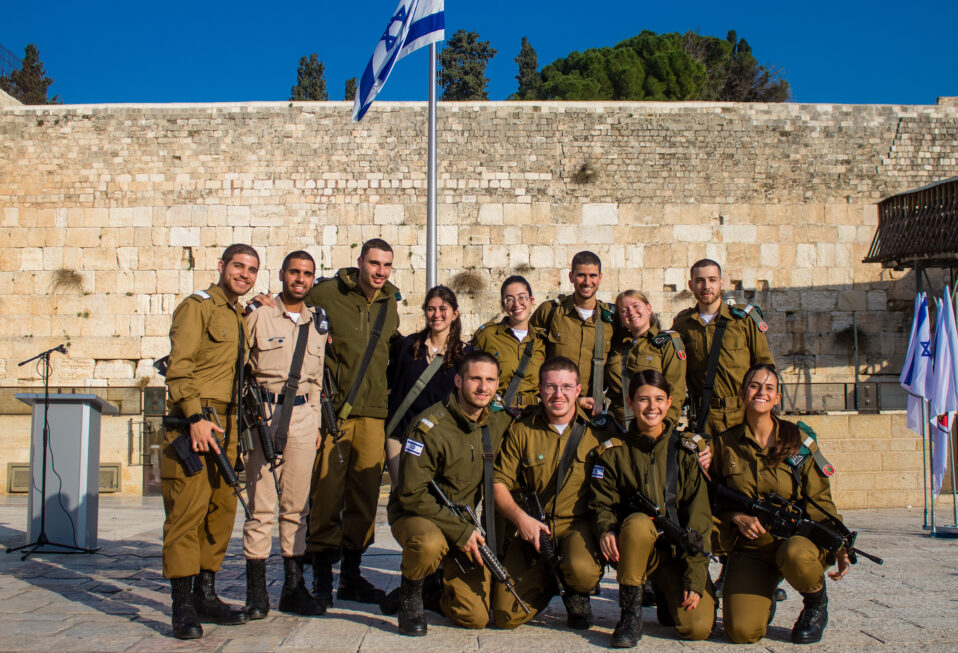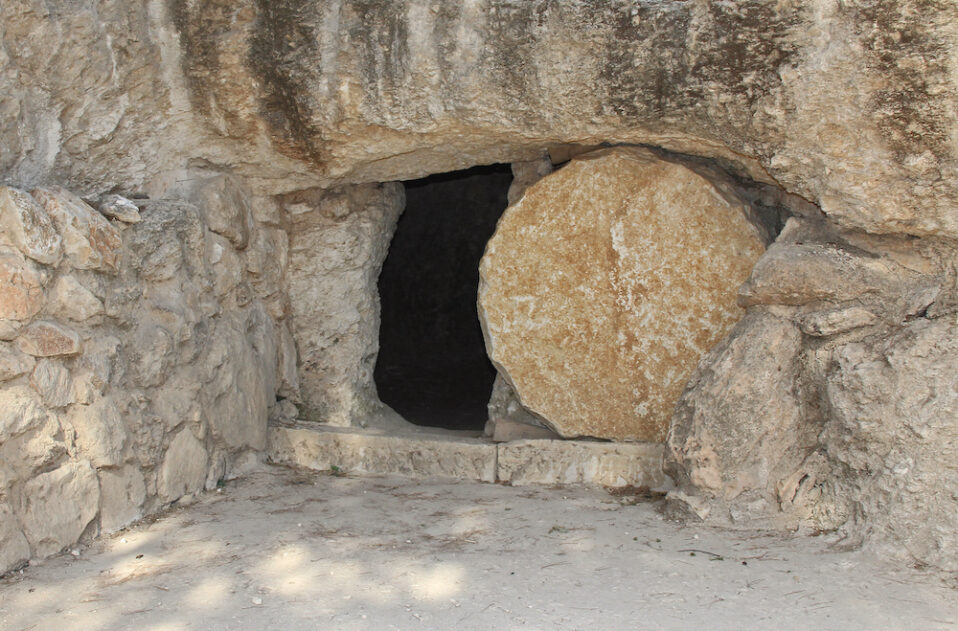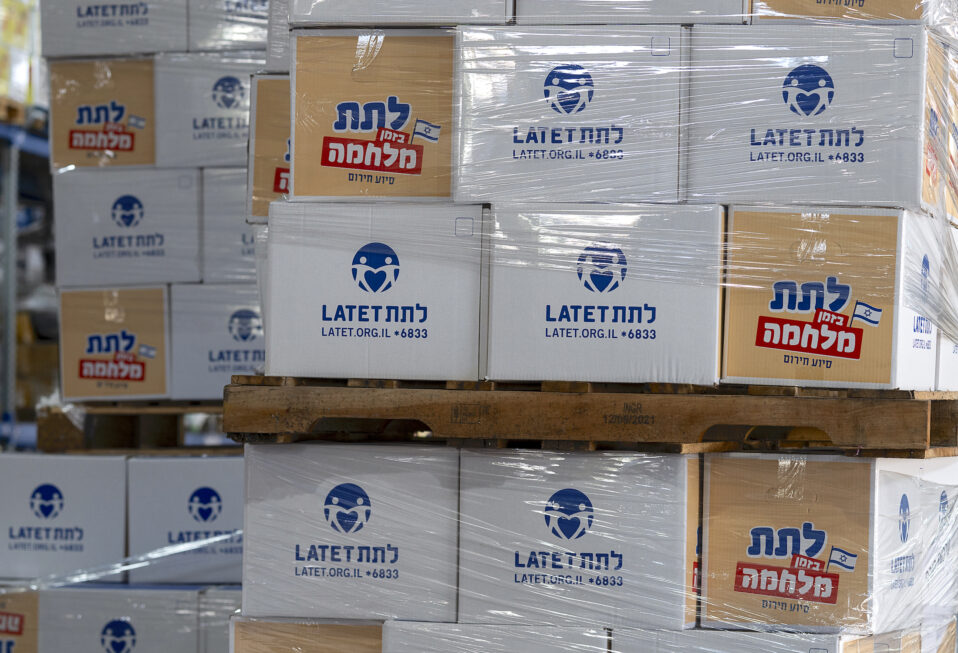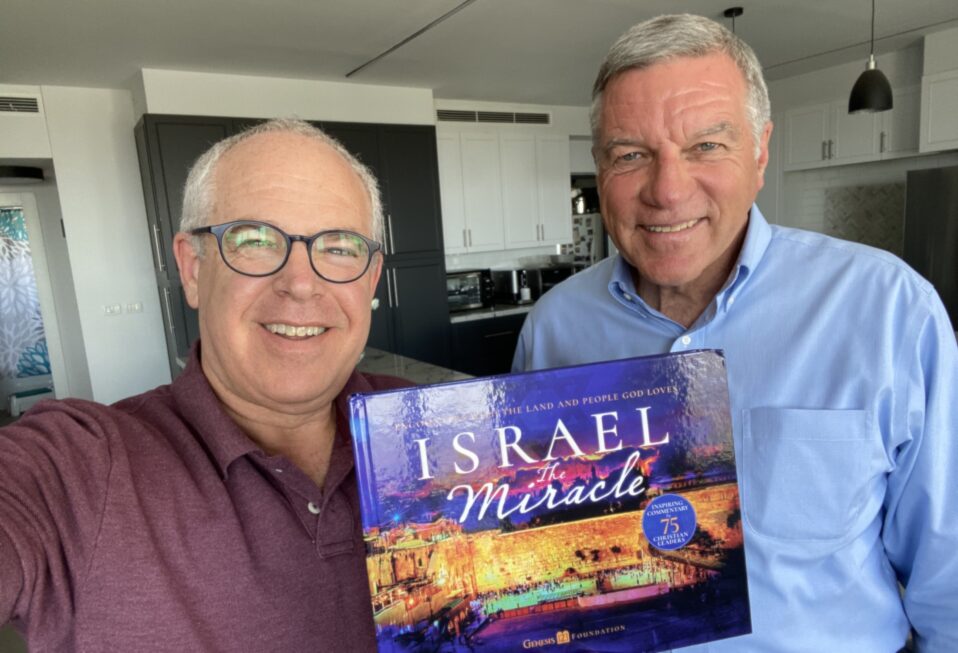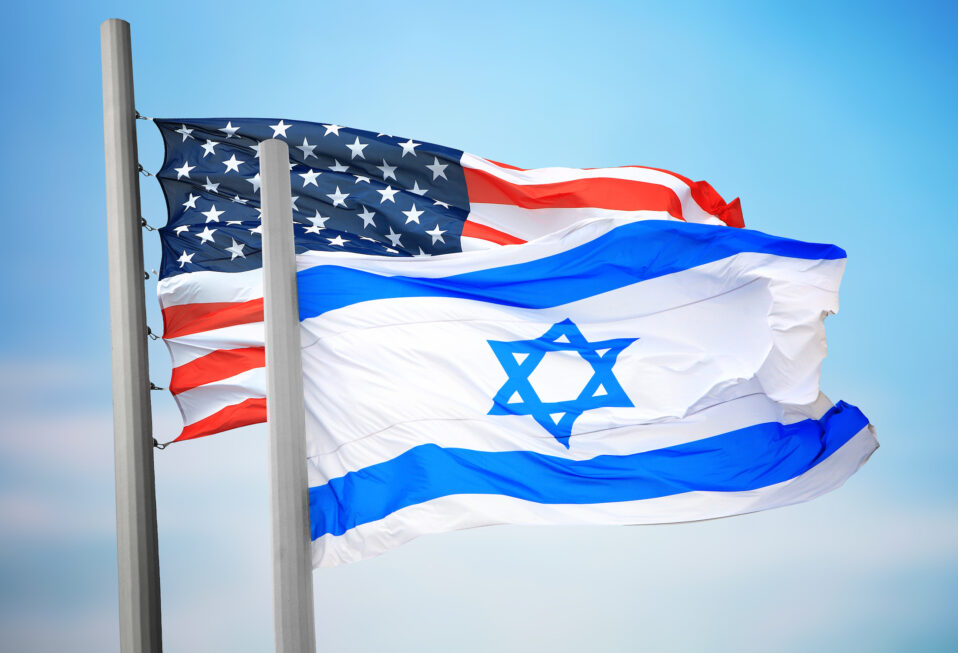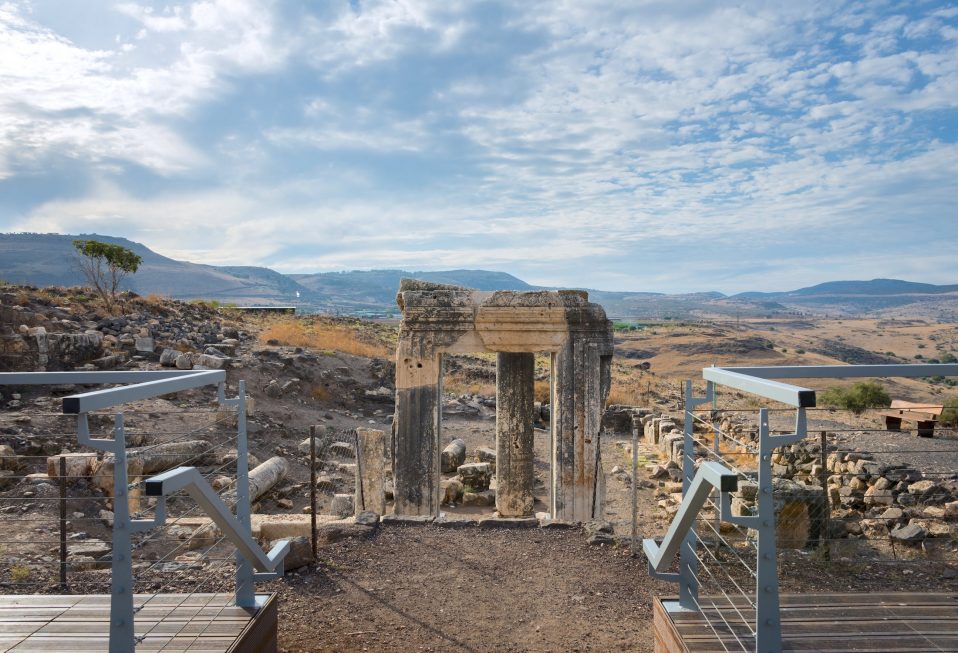By Arlene Bridges Samuels
Following the inhumane infiltration of the Jewish homeland on October 7, an octogenarian Christian acted on a bright idea which is now shining lights into the lives of thousands of Israeli Defense Forces (IDF) soldiers.
Last weekend I interviewed the 81-year-old on the phone. As I had agreed in advance to her request for complete anonymity, I nicknamed her “Lady Bright” for this article. She has refused other media interviews, so I deeply appreciated her exclusive story. In journalism, we call it a scoop to report news of importance, surprise, excitement, originality, or—like Lady Bright’s story—secrecy.
I first found out about Lady Bright last fall when a friend called asking for a Zoom briefing, aware that I was offering updates in person or online to groups both large and small. Soon, a small group joined the Zoom meeting, where I updated them about Israel’s defensive war, an existential necessity against Hamas’s public and prideful statements about murdering every Jew. A few weeks after that Zoom update, my friend called again, this time to tell me about an exceptional mission initiated by one of the participants.
I learned enough about her remarkable acquaintance to seek a telephone interview, and my friend obliged. Kurt Kaiser’s 1969 song, “Pass It On,” expresses the heart of Bright’s mission: “It only takes a spark to get a fire going. And soon all those around can warm up in its glowing. That’s how it is with God’s love once you’ve experienced it. You spread His love to everyone; You want to pass it on.”
In our interview, I learned that Lady Bright felt inspired to write letters to IDF soldiers. “I figured if Jesus asked me to do this,” she explained, “He’s got a way of making it happen to bless the soldiers.” And she certainly found a way. Considered the matriarch of a group of lifelong childhood friends for 70-75 years, Lady Bright reached out to them about a letter-writing campaign. Five of her friends caught the spark to pass on love—and got to work as members of Lady Bright’s private group with “just the girls that are committed to help me.”
They composed a short letter assuring the IDF of prayers to God for their safety, and that they were simply sending love and encouragement from “people in the United States who support them”—a team of women in their 70s and 80s.
Lady Bright suffers from arthritis, so handwriting is difficult. She uses her home printer, places three letters to a page, then cuts them apart. Each letter is signed with handwritten initials to make it more personal. The team spends time and energy to sign their initials and stuff envelopes—and also helps defray costs for postage, envelopes, and outside printing.
After one team member included her two weekly Bible study groups in this enterprise, she passed on 2,500 letters to Lady Bright. They had stuffed envelopes while studying the Bible!
In her small church in small-town America, Lady Bright is a choir member and mentioned a hymn they recently sang, “Til The Storm Passes By.” She is deeply engaged in the latest information about Israel through CBN News and prays for Israel “until the storm passes by.”
Lady Bright reached out to the Jewish Federation of North America and Friends of the IDF, asking how to send letters to the IDF. Both responded with help—and now the New York Jewish Federation has been inundated with thousands of letters to Israel’s soldiers. The federation also sends letters when staff and friends are traveling to Israel.
When the Jewish Federation asked Lady Bright why Christians are writing letters to IDF soldiers, she replied, “You are God’s chosen people. We’re just ‘step kids’ and the only way we get to God’s family is through Jesus Christ, who grafted us into your land. So, we’re honored to try and help in some way. And that’s how we feel.” Prayers are also added for the letters’ safe travel to New York’s Jewish Federation and beyond to IDF units on the ground.
Lady Bright’s mission reached the Jewish community in the United States, too. On November 7, 2023, a Jewish family in metro Atlanta was devastated by the news that Sgt. Rose Ida Lubin, a 20-year-old native of Dunwoody, Georgia, had been murdered by a terrorist while on duty as an Israeli Border Police officer in Jerusalem. Grappling with grief that hit so close to home, Sgt. Lubin’s family and Jewish community were touched when they received sympathy cards from Bright and her Christian team.
It is no surprise that Jewish organizations want to interview Lady Bright, with thousands of letters already in Israel. This amazing woman’s goal is to send 360,000 letters in all! When I asked how she arrived at that number she remarked, “Because that’s how many they called up from IDF reserves.”
However, Bright’s determination for anonymity remains firm, and it’s based on her most important goal: “We want God to get all the glory. I don’t want anything to come to me. I’m not doing it for attention or anything except these boys and girls,” says the 81-year-old.
Lady Bright revealed another way publicity could interfere with the team’s task. She shrouds her identity and the letters in secrecy because “I want to get by with as many letters as we can before anybody tries to stop us. If the wrong people find out, somebody will try to shut us down.” She mentions that the people who would be opposed to the mission outnumber her team, and she wants to keep the letters just between the soldiers and her small group who are “praying for them and asking God to keep them safe and bless them.”
Lady Bright is very aware of and attuned to the Jew hatred breaking out worldwide and here in the United States. She and her team understand that covert operations might enable the small group to better reach their goals.
President Ronald Reagan once phrased it well: “They say the world has become too complex for simple answers. They are wrong.” Fighting a war simultaneously above and below ground in Gaza is the most complex terrain ever encountered by any army. However, each simple letter of prayer sent to IDF soldiers is sure to light sparks of encouragement when it is opened.
Bright and her team anticipate their final, eternal destination as they conduct their covert operation here on earth. However, Matthew 25:23 heralds a glorious truth when Jesus exclaims, “Well done, good and faithful servant! You have been faithful with a few things; I will put you in charge of many things. Come and share your master’s happiness!” The Bright team is now in charge of hundreds of thousands of letters! And her mission is still expanding, still growing.
How many of you reading the story of Lady Bright and her team of active senior citizens will ask the Lord what you can add to your prayers for Israel? Many options await you to send practical lights of help to the IDF, to 100,000 Israeli citizens displaced from their homes, or to help organizations aiding Israel’s elderly Holocaust survivors.
In our phone interview, Lady Bright referenced Genesis 12:3, “If you bless my people, I will bless you. If you curse my people, I will curse you.” She adds, “As Christians, we have absolutely no choice but to bless God’s people, and that’s the Jews.”
We welcome you this week to join our CBN Israel team to pray and meditate on this truth in Psalms 18:28—You, LORD, keep my lamp burning; my God turns my darkness into light.
Prayer Points:
- Pray with thanks for small beginnings that grow into big blessings for others.
- Pray for God’s Holy Spirit and protection for IDF members as they fight evil in dark places.
- Pray for IDF spouses and children for shalom and strength during these deployments.
- Pray that Hamas will release all hostages into freedom.
- Pray that intel coming from captured terrorists will help IDF in the complex war.
Arlene Bridges Samuels pioneered Christian outreach for the American Israel Public Affairs Committee (AIPAC). After she served nine years on AIPAC’s staff, International Christian Embassy Jerusalem USA engaged her as Outreach Director part-time for their project, American Christian Leaders for Israel. Arlene is an author at The Blogs-Times of Israel and has traveled to Israel since 1990. She co-edited The Auschwitz Album Revisited and is on the board of Violins of Hope South Carolina. By invitation, Arlene attends Israel’s Government Press Office Christian Media Summits. She also hosts her devotionals, The Eclectic Evangelical, on her website at ArleneBridgesSamuels.com.


